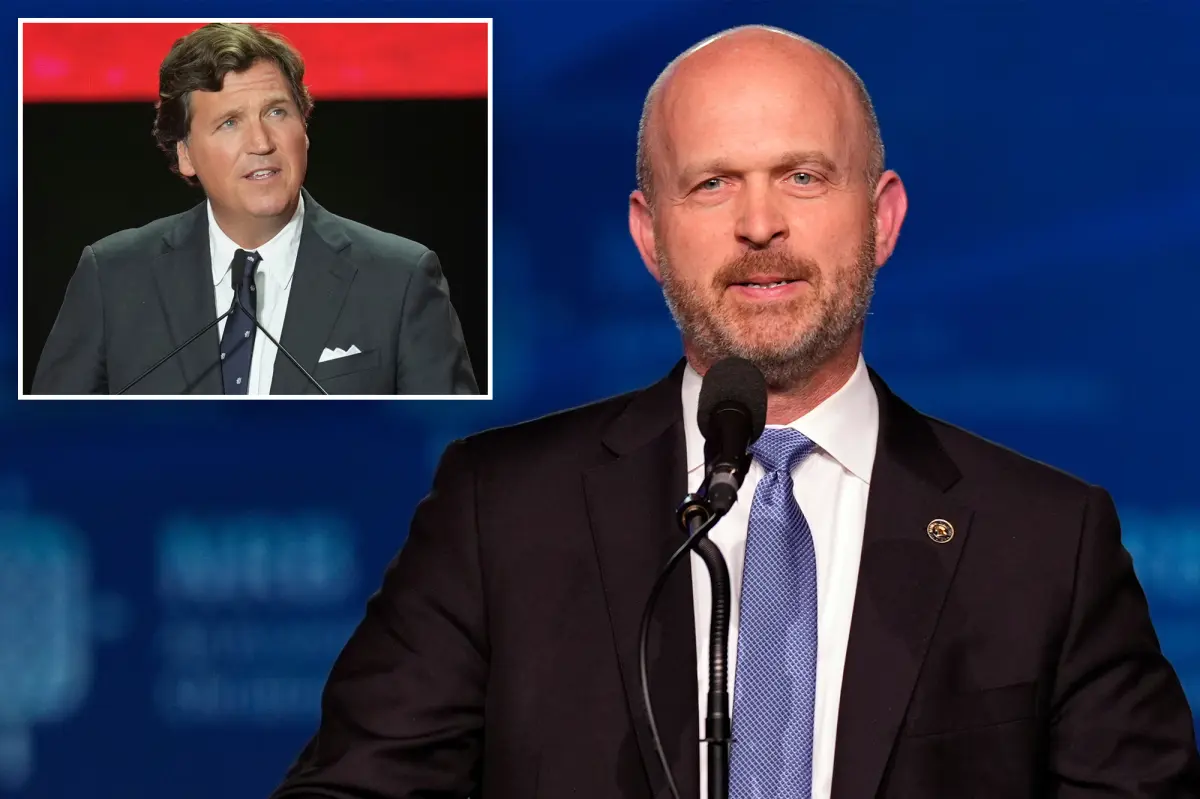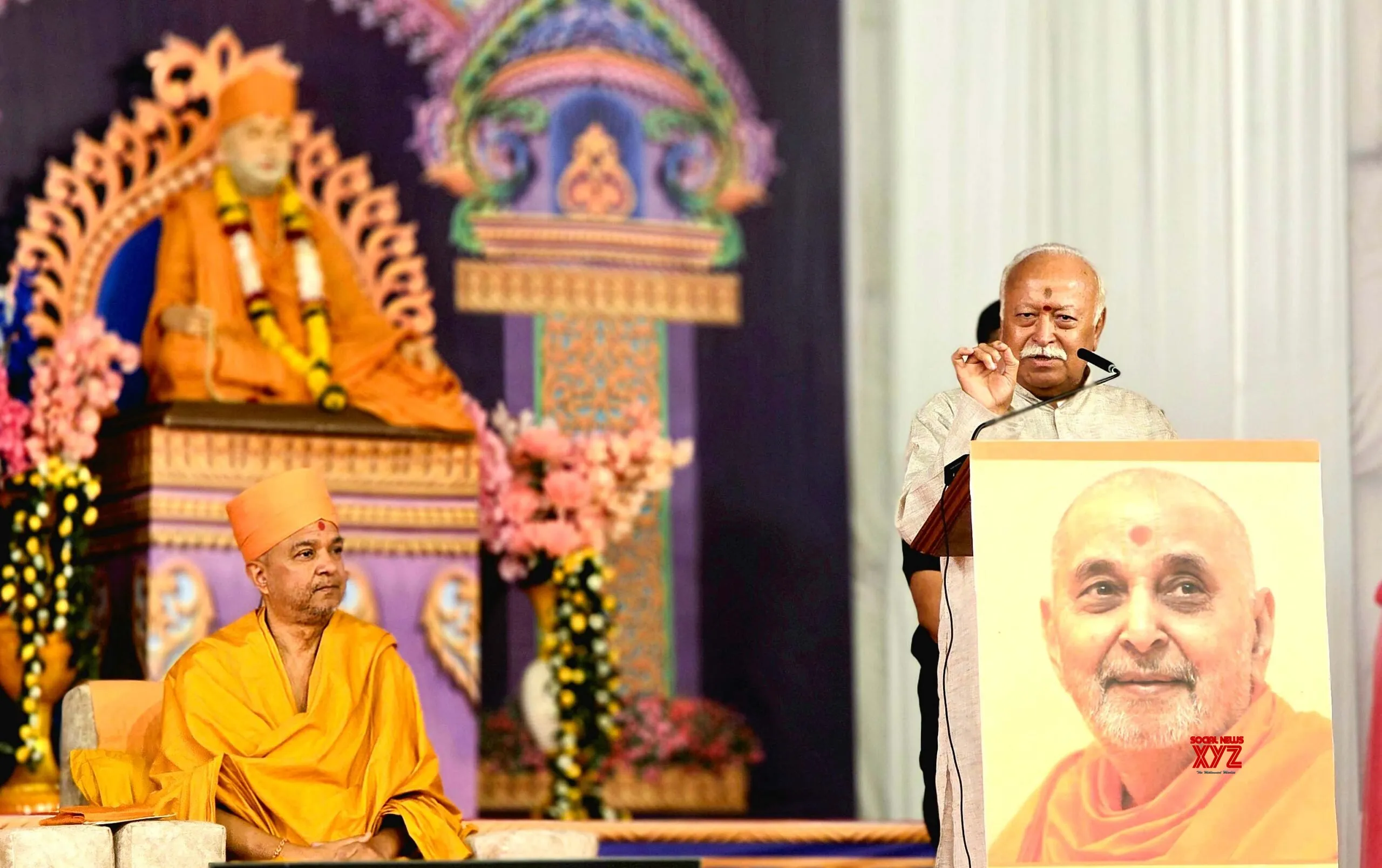Copyright pjmedia

The BBC chair will apologize presumably for a failure of checks after BBC director general Tim Davie and CEO of News Deborah Turness resigned over a documentary that joined two parts of Trump's speech together so he appeared to encourage the Capitol Hill riots of January 6. The fallback defense that talking heads are likely to make is that the BBC documentary about Trump was "fake but true." Meaning that while the story is factually inaccurate (i.e., "fake" or fabricated) it is still "true" in a deeper, symbolic sense. This peculiar defense was first advanced in the Internet Age by Dan Rather admitting that the documents supporting his story were bogus, but the underlying story wasn't. Known as Rathergate, they involved six documents containing false allegations about President George W. Bush's service in the Texas Air National Guard in 1972–73, allegedly typed in 1973. Dan Rather presented four of these documents as authentic in a 60 Minutes II broadcast aired by CBS on September 8, 2004, less than two months before the 2004 presidential election, but it was later found that CBS had failed to authenticate themThe authenticity of the documents was challenged within minutes on Internet forums and blogs, with questions initially focused on anachronisms in the format and typography, and the scandal quickly spread to the mass media. In particular, the documents were composed in a computer font that did not exist in 1973. Similar arguments were later used to justify other fiascos. Al Gore's An Inconvenient Truth (2006) was argued by some to be "true" in capturing the urgency of global warming, even if some graphs or predictions were wrong. A false story can be justified if it illuminates a deeper pattern or a "deeper truth." Speaking of Gore's documentary: Mr Justice Barton yesterday said that while the film was "broadly accurate" in its presentation of climate change, he identified nine significant errors in the film, some of which, he said, had arisen in "the context of alarmism and exaggeration" to support the former US vice-president's views on climate change. In the broader cultural context, "fake but true" is related to the concept of "my truth," a popular contemporary meme with a long philosophical pedigree. Protagoras (490 BC – c. 420 BC) was said to have argued that "man is the measure of all things," interpreted by Plato to mean that there is no objective truth. More recently, this idea has been taken up by postmodernists like Derrida. “Postmodernist philosophers in general argue that truth is always contingent on historical and social context rather than being absolute and universal and that truth is always partial and 'at issue' rather than being complete and certain.” It is widely popular in academic institutions. Truth is thus seen as a mere construct of language, culture, or power. This would be of mere academic interest if there were no consequences for which belief one subscribed to, but suppose there are? In a manner of speaking, one can regard history as an experiment into the existence of objective truth. If the postmodernists are right, one narrative can replace another once accepted. But if objective truth exists, we will run into the consequences of making a wrong decision and feel the shock of impact, a phenomenon vulgarly referred to as FAFO (“Fool Around, Find Out”). In this case, the BBC management definitely ran into consequences. The resignations underscore the violence of the impact. Interestingly, BBC director Tim Davies actually makes a version of the "fake but true" argument. In his resignation statement, Davies says, "I have to take ultimate responsibility [for lying but] ... I am proud that the BBC remains the most trusted news brand globally." But, alas, in "these febrile times" I have to go. "In these febrile times" is one of those wonderful British phrases that roughly translates to "in this lynch mob atmosphere where people are a-hootin' and a-hollerin' fer my scalp" and conveys his slightly wounded feeling of having been punished for what is no big deal. Or didn’t seem a big deal at the time. Because even if the documentary was fake, it was true. Davie's concluding line -- "I will always be a passionate cheerleader for civilised society" -- is a proclamation of innocence. You would understand what I did and forgive it if you were civilized. And he would have a case if it were but an error among gentlemen sipping whiskey at a club. But it is also a confession of profound ignorance. Davies is the director of a great bureaucracy, and his careless handling of January 6, an event that some observers call a foundational rupture in American politics, is careless to the point of recklessness. Unlike ordinary people, MI5, MI6 and the BBC have a duty that ordinary people can dispense with. They have to act with a solid appreciation of the situation, not out of morality but because it is their job to preserve the British state from the consequences of stupid mistakes. What the BBC did was serious: it casually falsified a quote bearing on a volatile issue at the heart of Britain’s most important ally. In Davie’s position, bias is always a silent but relentless foe. It hijacks the entire action loop of a huge institution without ringing the alarm. It can get you even when you are watching out for it. But it is sure to get you when you're not. This led him to interfere, perhaps unintentionally but ignorantly, in the Third Rail of American politics. If his defense was being a gentleman, there is no defense for being an ignorant gentleman. Staying unbiased is very hard work for analysts, not just the BBC. Bias is built into priors by algorithms and human gatekeepers already selected. It's almost impossible to escape bias. Yet a fallible institution must somehow contrive not to fall victim to the next Pearl Harbor, 9/11 or missing the obvious consequences of producing a fake clip about January 6. Odds are Davie missed the lie in the documentary because it fitted his world view. And that carelessness took the BBC within an ace of taking a false position in an event that ranks in controversy and conspiracy with the assassination of JFK in 1963. The events of that day have yet to be adjudicated definitively by history. But the BBC should have handled it better than running with a cut and paste. Editor’s Note: After more than 40 days of screwing Americans, a few Dems have finally caved. The Schumer Shutdown was never about principle—just inflicting pain for political points. Help us continue to report the truth about the Schumer Shutdown. Use promo code POTUS47 to get 74% off your VIP membership.



